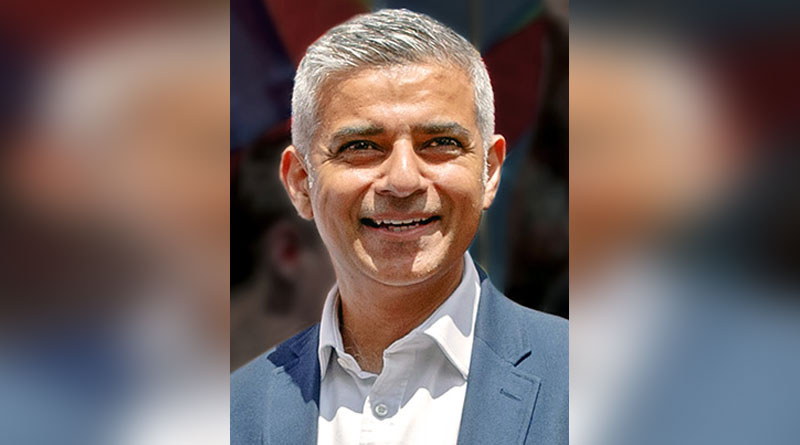Mayor to Create Night Time Enterprise Zones to Support London’s Recovery

The Mayor of London, Sadiq Khan, has today announced a new £500,000 programme to create Night Time Enterprise Zones in the capital to help support London’s economic recovery.
The pandemic has had a devastating impact on the capital as businesses and cultural venues faced months of temporary closures and restrictions, but the new Night Time Enterprise Zones will enable boroughs to encourage more people to use their high streets after 6pm and boost the local economy.
The funding, in partnership with the London Economic Action Partnership (LEAP), will create at least three zones across the capital where boroughs will work with businesses and local communities to develop ideas to make their high streets more accessible, inclusive and welcoming at night.
They will be supported to develop a range of ideas, such as extending opening hours or holding special events, taking measures to improve women’s safety and supporting good work standards for those working at night.
It follows the success of a Night Time Enterprise Zone pilot in Waltham Forest in 2019 where extended opening times, events, increased promotion and repurposing council-owned buildings helped to increase footfall on Walthamstow High Street by 22 per cent, improved safety perceptions and widened local participation.
The Night Time Enterprise Zone programme supports the Mayor’s ambition to make London a 24-hour city and work to drive the capital’s economic recovery. It builds on the Mayor’s wider work to support the capital at night, including the first-of-its-kind Women’s Night Safety Charter for councils, businesses and venues to prioritise women’s safety at night, world-leading guidance for councils to develop Night Time Strategies, a Night Time Data Observatory to provide insight to help in decision making, The High Streets for All Challenge Fund to reimagine high streets, and the Culture and Community Spaces At Risk programme which provides dedicated advice and guidance for the most at risk night time spaces, including grassroots live music and LGBTQ+ venues.
Sadiq Khan, Mayor of London, said: “High streets are the lifeblood of our communities and have a key role to play in our economic recovery from the pandemic. Our Night Time Enterprise Zone pilot showed what is possible for our town centres at night and by expanding the zones to more areas we will help local authorities and businesses make their high streets more welcoming and inclusive after 6pm. It’s another example of how we are working to build a better London for everyone after the pandemic.”
Amy Lamé, Night Czar, said: “Our city is incredibly active at night, but too often our high streets shut down from 6pm, offering no reason for people to be there. We have an opportunity to work in partnership to boost local businesses, communities and the wellbeing of night workers across the capital. Through our Night Time Enterprise Zone programme we want to help reimagine our high streets with innovative ideas and help councils, communities and businesses to pioneer better ways of living, working and doing business.”
Ojay McDonald, CEO, Association of Town and City Management, said: “With town centres evolving, being able to bring the best out of them after dark is critical to sustaining vibrant and strong local economies. This certainly applies to London, a city with such a rich culture and enterprising spirit that it has the potential to be the greatest 24 hour city in the world. But it needs focus, coordination and leadership, especially in the wake of the damage done by the pandemic. Night Time Enterprise Zones provide a platform for this to take place. We welcome the support for this by the Mayor and the London Economic Action Partnership.”
Kate Nicholls, CEO of UK Hospitality and former Chair of the London Night Time Commission, said: “I’m delighted today’s announcement from the Mayor builds on one of the key recommendations of the London Night Time Commission’s Think Night Report. A diverse and vibrant night time offer, rooted in the local community, is something the Commission recognised as being essential in ensuring our high streets are seen as attractive destinations for everyone after 6pm. This is true now more than ever as we continue to recover from the effects of the pandemic and look at the exciting and emerging ways we are using our high streets and town centres around the clock.”
